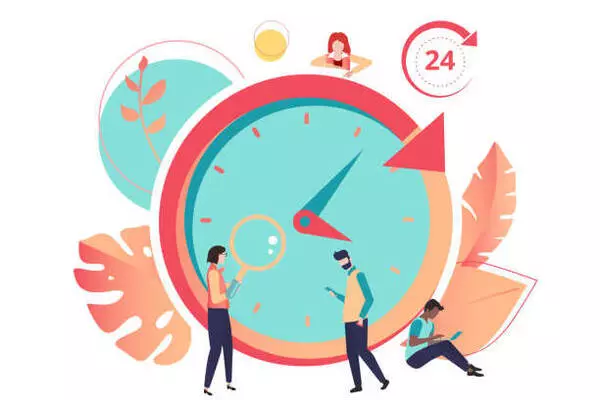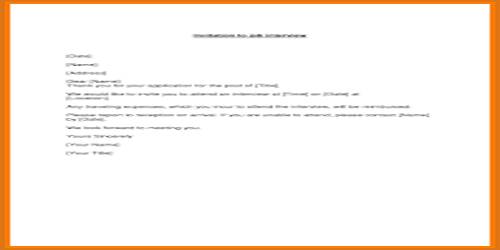Overexposure to digital screens impairs our brain’s ability to process information, focus, make decisions, and control our thoughts. Brain scans of technology-addicted adolescents have revealed significant anomalies in their brain structures in a number of studies, including a reduction in the volume of grey matter and striatum, deviation in white matter pathways in the brain network, and cortical thinning.
According to new research, using smartphones mindfully without limiting screen time boosts productivity. Have you ever been accused (or accused someone else) of wasting time by staring at your phone? That time may not have been wasted after all.
According to research recently published by Kaveh Abhari of San Diego State University and Isaac Vaghefi of City University of New York, using existing smartphone apps to monitor cellphone screen time can improve focused or mindful cellphone usage, which leads to higher perceived productivity and user satisfaction. The study was recently published in AIS Transactions on Human-Computer Interaction (THCI).
Self-monitoring appears to be necessary to encourage optimal smartphone use. The results suggest that optimizing but not minimizing screen time is more likely to increase user productivity.
Kaveh Abhari
The Positive Effect of Self-Monitoring
While there has been substantial research establishing the negative effects of cellphone screen time (intolerance, withdrawal, and conflict with job-related tasks), Abhari (associate professor of management information systems at SDSU’s Fowler College of Business) and Vaghefi (assistant professor of information systems at the Zicklin School of Business at Baruch College) said their research was designed to determine if self-regulatory behaviors could lead to modified user behavior.
“We theorized that individuals who tracked their cellphone usage and set goals surrounding that usage tended to have enhanced productivity and contentment with their productivity as they met their stated objectives,” said Abhari. “Previous research has shown that goal setting tends to raise performance expectations and we wanted to see if this theory held true for smartphone screen time as well.”

Putting it to the Test
To reach this conclusion, the researchers polled 469 university undergraduate students from California, New York, and Hawaii. During the three-week survey, all participants were required to complete four questionnaires, and approximately half of them were required to download a screen-monitoring application to their phones. This app allowed users to track and set limits on their cellphone screen time.
Researchers measured the perceived productivity of screen time reported by those polled, as well as the amount of screen time and the fatigue associated with self-monitoring, when the results were analyzed. They also examined participants’ satisfaction with their productivity as a result of cellphone screen time. “Self-monitoring appears to be necessary to encourage optimal smartphone use,” said Abhari. “The results suggest that optimizing but not minimizing screen time is more likely to increase user productivity.”
The Effect of Fatigue
However, the researchers discovered that self-monitoring causes fatigue and reduces productivity, though this was not a significant factor influencing the relationship between self-monitoring and productivity achievement.
Finally, Abhari and Vaghefi discovered that, while uncontrolled cellphone use (or cellphone addiction) can have a negative impact on people’s lives, monitored screen time – particularly monitored screen time with specific goals in mind – can result in positive outcomes and higher overall user satisfaction. “This study could lead system developers to embed features that enable self-monitoring into mobile devices,” said Abhari. “These features have the potential to improve screen time quality and the human-digital technology relationship.”
















